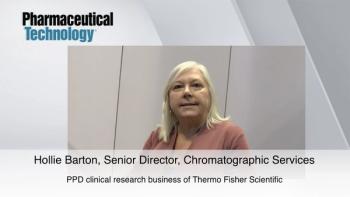
Hollie Barton, senior director, Chromatographic Services, for the PPD clinical research business of Thermo Fisher Scientific, reviews the company’s latest moves in targeting automation.
Feliza Mirasol is the science editor for BioPharm International.

Hollie Barton, senior director, Chromatographic Services, for the PPD clinical research business of Thermo Fisher Scientific, reviews the company’s latest moves in targeting automation.

Hollie Barton, senior director, Chromatographic Services, for the PPD clinical research business of Thermo Fisher Scientific, discusses ways that labs are addressing the pressure of rapid analytical turnaround times.

As part of a $30 million investment, Aragen is setting up a new biologics manufacturing facility in Bangalore, India.
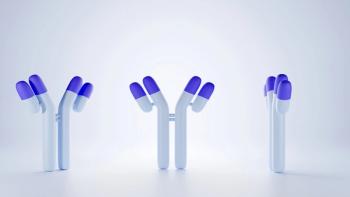
Re-evaluating the basics of mAb production may be beneficial for the biopharma industry as a whole.
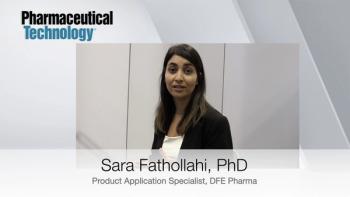
Sara Fathollahi, PhD, product application specialist at DFE Pharma, makes the case of how excipient suppliers can support the transition from batch to continuous manufacturing.

Sara Fathollahi, PhD, product application specialist at DFE Pharma, discusses a major challenge in the adoption of continuous manufacturing.

Sara Fathollahi, PhD, product application specialist at DFE Pharma, points out important redesign concepts critical to adapting continuous manufacturing.

A recent AAPS Salary Survey shows a rising trend in compensation for pharmaceutical scientists since 2022.

Waters has launched OligoWorks SPE Workflow and Kits, which is aimed at accelerating the bioanalysis of oligonucleotides.

SCHOTT now offers ViewCell, a new component meant to add flexibility to biopharmaceutical process control.
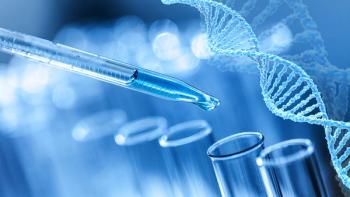
Spark Therapeutics and SpliceBio have formed a collaboration to develop a gene therapy that can treat an inherited retinal disease.

The California Institute for Regenerative Medicine has partnered with Forge Biologics, which will manufacture AAVs to help accelerate gene therapy programs in California.

Under an expanded agreement, Cellares will provide proof-of-concept manufacturing for a second CAR-T cell therapy from Bristol Myers Squibb.

Salipro Biotech and Icosagen have entered into a multi-target collaboration to discover and characterize monoclonal antibodies.

Under this agreement, Acuitas Therapeutics’ LNP technology platform will be transferred to BIOVECTRA for use in manufacturing mRNA-based therapies.

Roche will gain exclusive worldwide rights to develop, manufacture, and commercialize Ionis’ investigational RNA-based therapeutic candidates for Alzheimer's and Huntington's disease.

Eli Lilly and Company has received a complete response letter from FDA for its anti-dermatitis biologic therapeutic, lebrikizumab.

Pfizer has entered into a collaboration with Ginkgo Bioworks to discover novel RNA molecules across priority research areas.

The newly established business under Advent International and Warburg Pincus will be named Simtra BioPharma Solutions.

Under the partnership, Sartorius will leverage SPARTA Biodiscovery’s technology to accelerate development of nanoparticles used for drug delivery.
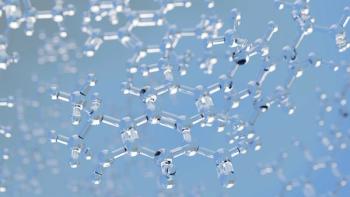
The innovation of affinity ligands must take stability into consideration for present and future purification applications.

With the two new GMP-grade mRNA manufacturing sites in Germany, MilliporeSigma can now offer fully integrated mRNA services.

The European Commission has granted approval for Tyruko (natalizumab), a biosimilar developed by Polpharma Biologics for treating multiple sclerosis.

Under a new pact, Genentech and PeptiDream will collaborate to discover and develop novel peptide-radioisotope drug conjugates.

The Novo Nordisk Foundation will invest up to DKK 950 million (€127 million, US$136 million) in a new cell therapy manufacturing facility in Lyngby, Denmark.

FUJIFILM Diosynth Biotechnologies has finished its new viral vector gene therapy manufacturing facility in Darlington, United Kingdom.

CN Bio and LifeNet Health LifeSciences have teamed up to provide direct access to a portfolio of highly characterized hepatic cells for the creation of advanced liver-on-a-chip assays.

The finalists for this year’s CPHI Barcelona Pharma Awards span 12 categories with awards ranging from accelerating innovations through to improved sustainability and best start-up initiative.

The EMA’s Committee for Medicinal Products for Human Use has given a positive opinion on Sandoz’ biosimilar trastuzumab for breast and gastric cancer.

Illumina’s new solutions center in Bengaluru, India, will expand access to genomics in the country.